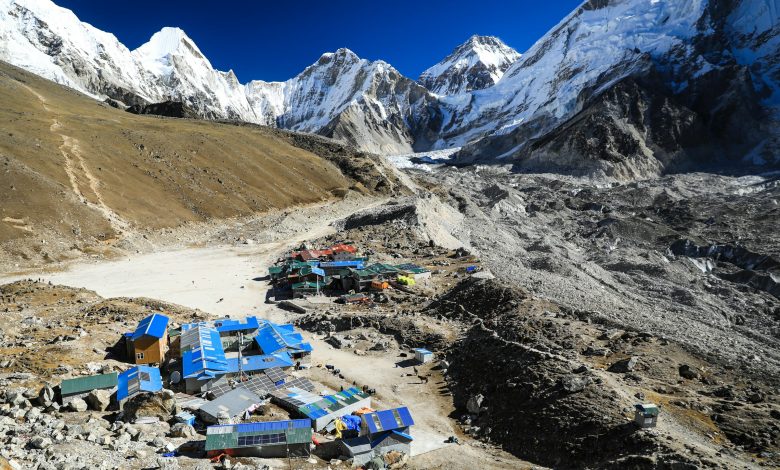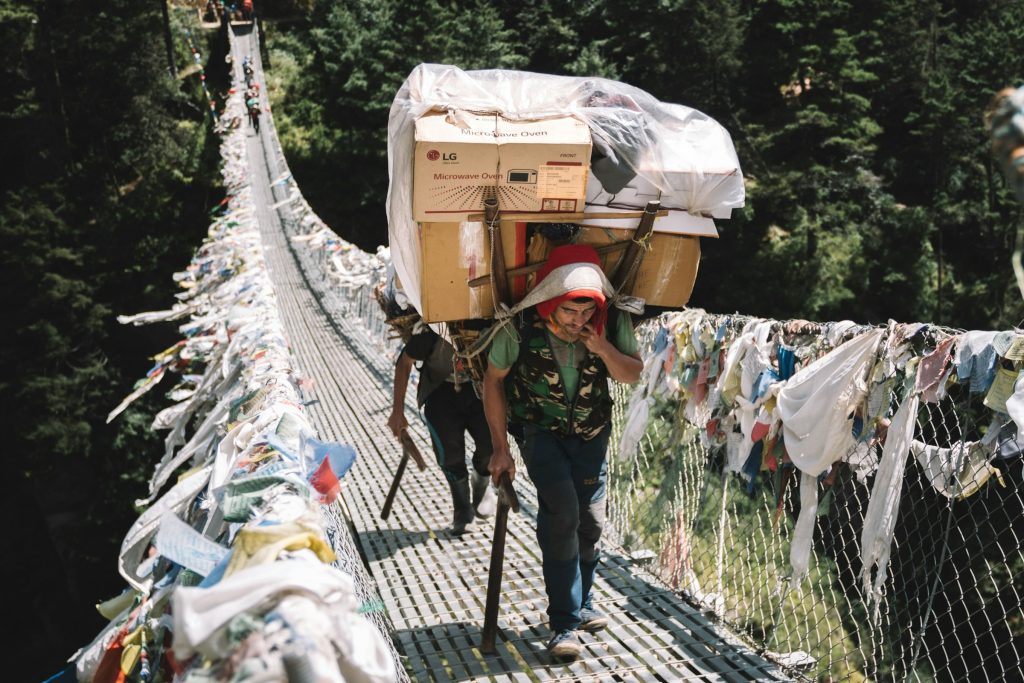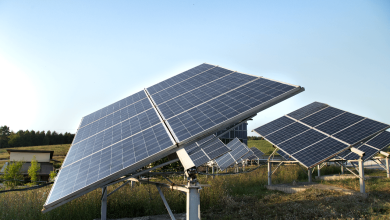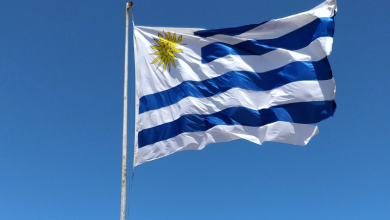5 expert tips to make your Everest Base Camp trek more sustainable

The Everest Base Camp trek in Nepal is one of the top adventures on the planet. But overtourism haunts it – like every other popular trek globally. During the peak trekking season, numerous flights drop in daily to the airstrip in Lukla, the starting point for the prominent adventure.
The EBC trek facilitates a long line of business that has brought prosperity to mountain communities, but at a cost of the pristine environment of the Himalayas. But the positive side is travellers can do a lot to make their trek to the high altitude camp more sustainable.
Make Everest Base Camp trek more sustainable

1. Choose less crowded trails
Overtourism has created huge demand for resources and a significant problem of rubbish. Discarded plastic bottles dot the landscape. You could make a difference by choosing less crowded trails to ease the pressure on the Everest region.
2. Bring back memories and ‘refuge’
The Sagarmatha Pollution Control Committee has erected more than 100 rubbish bins at rest points on trekking trails in the Everest region. The most important thing a trekker can do is take a litter bag as they can put any rubbish in there and bring it back to Kathmandu for recycling.
3. Eat local
Trekkers are often advised to eat local food as much as possible. Imported food items are usually packed in plastic, glass or tin, adding to the volume of rubbish in the region. Trekkers can also make a sizeable difference by drinking boiled water instead of the bottled ones.
4. Take the long route for less carbon footprint
One of the best things you can do for the fragile Everest region is to reduce your carbon footprint. The Himalayas are particularly vulnerable to climate change. The first thing to consider is your air travel. Cutting out domestic flights is one way to make a difference.
5. Choose responsible agencies
It is important to remember that guides and porters are human beings like us. It’s a common misconception that they don’t suffer from altitude or hypothermia problems. Responsible trekking agencies provide insurance for their employees and fair wages.
Read More:
Sustainable tourism is the reality: 5 eco-friendly things to do in France
Sustainable tourism in Ladakh: Best time to explore ‘Land of High Passes’ is here



